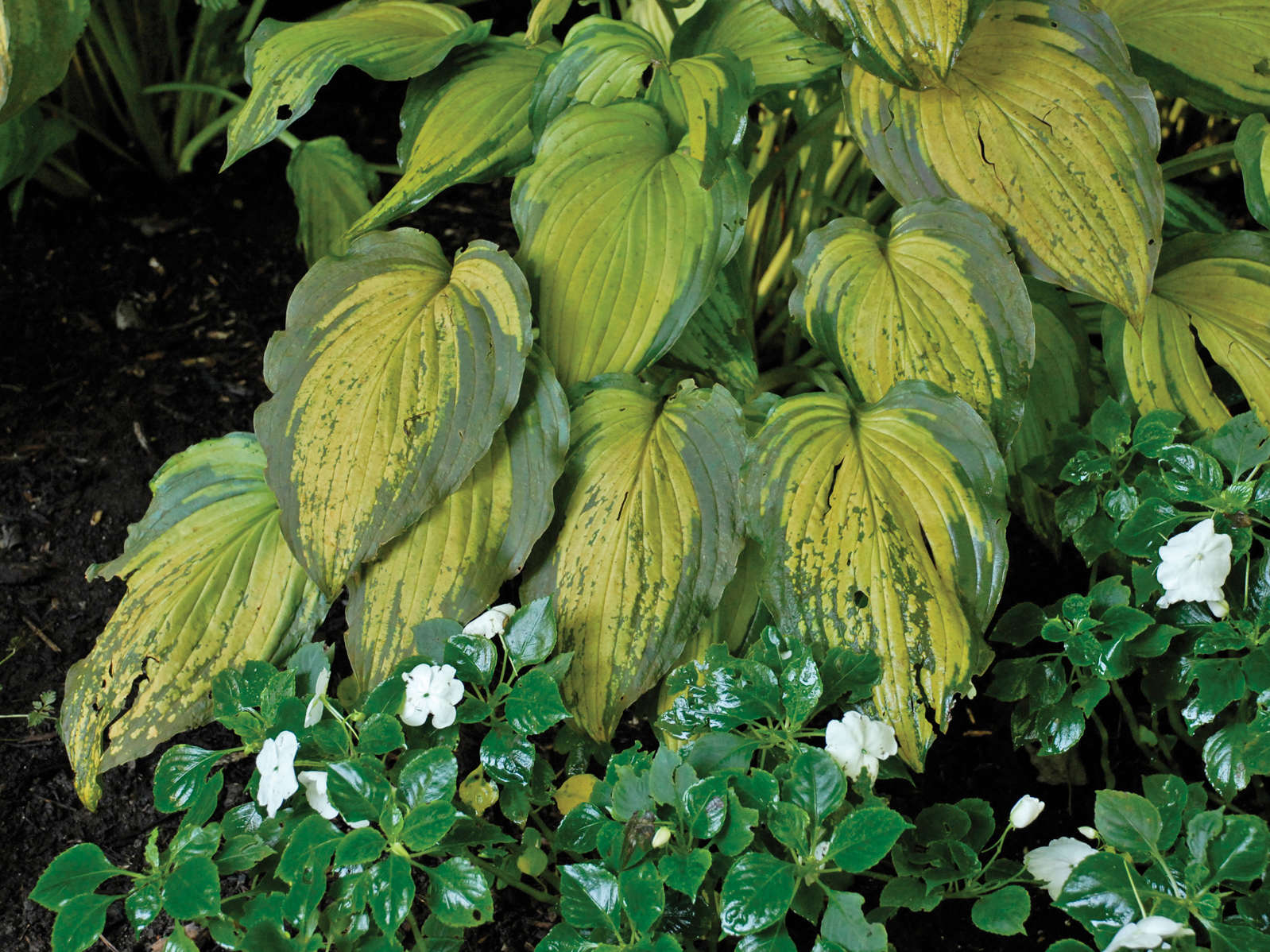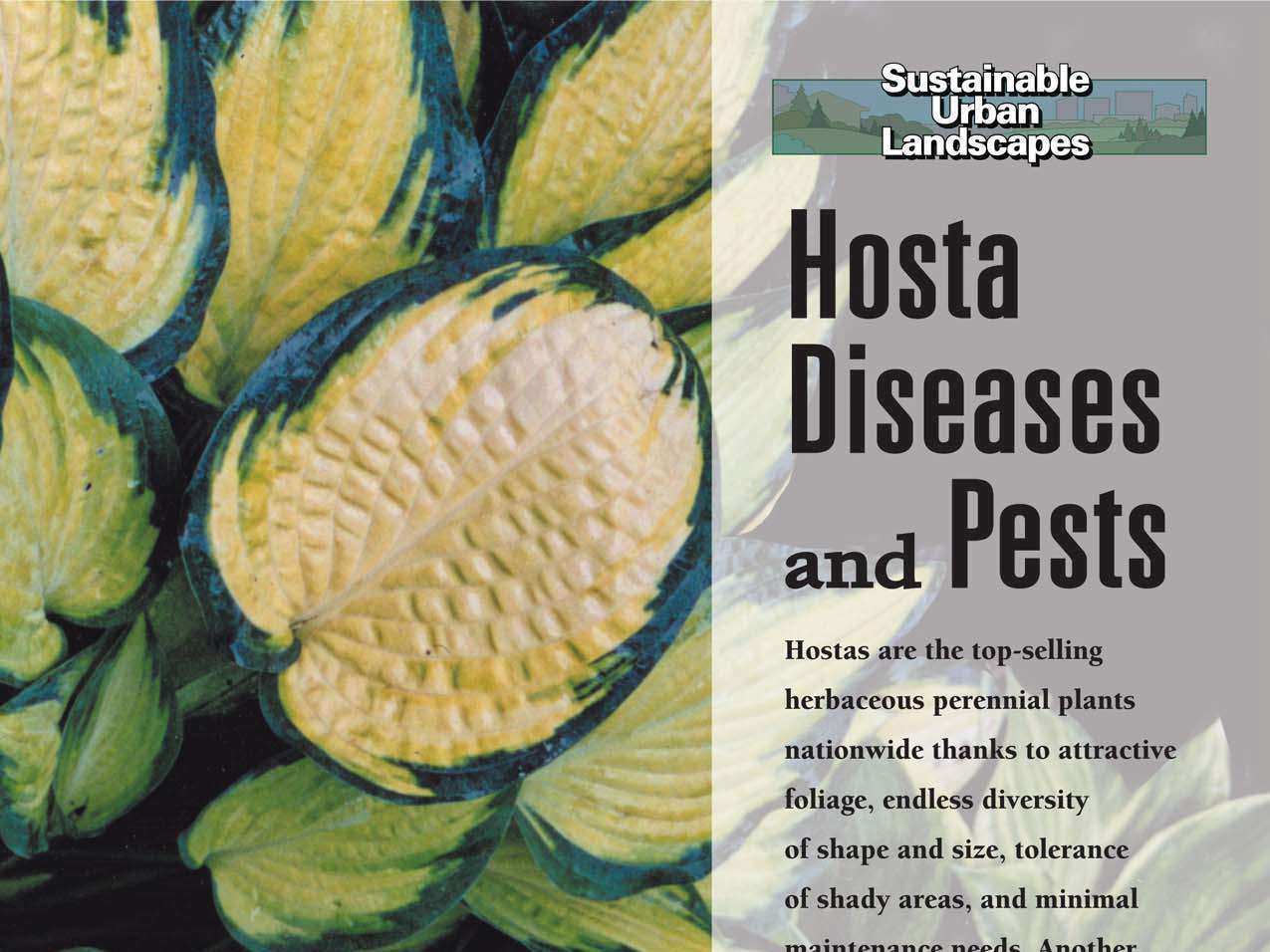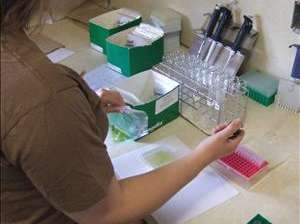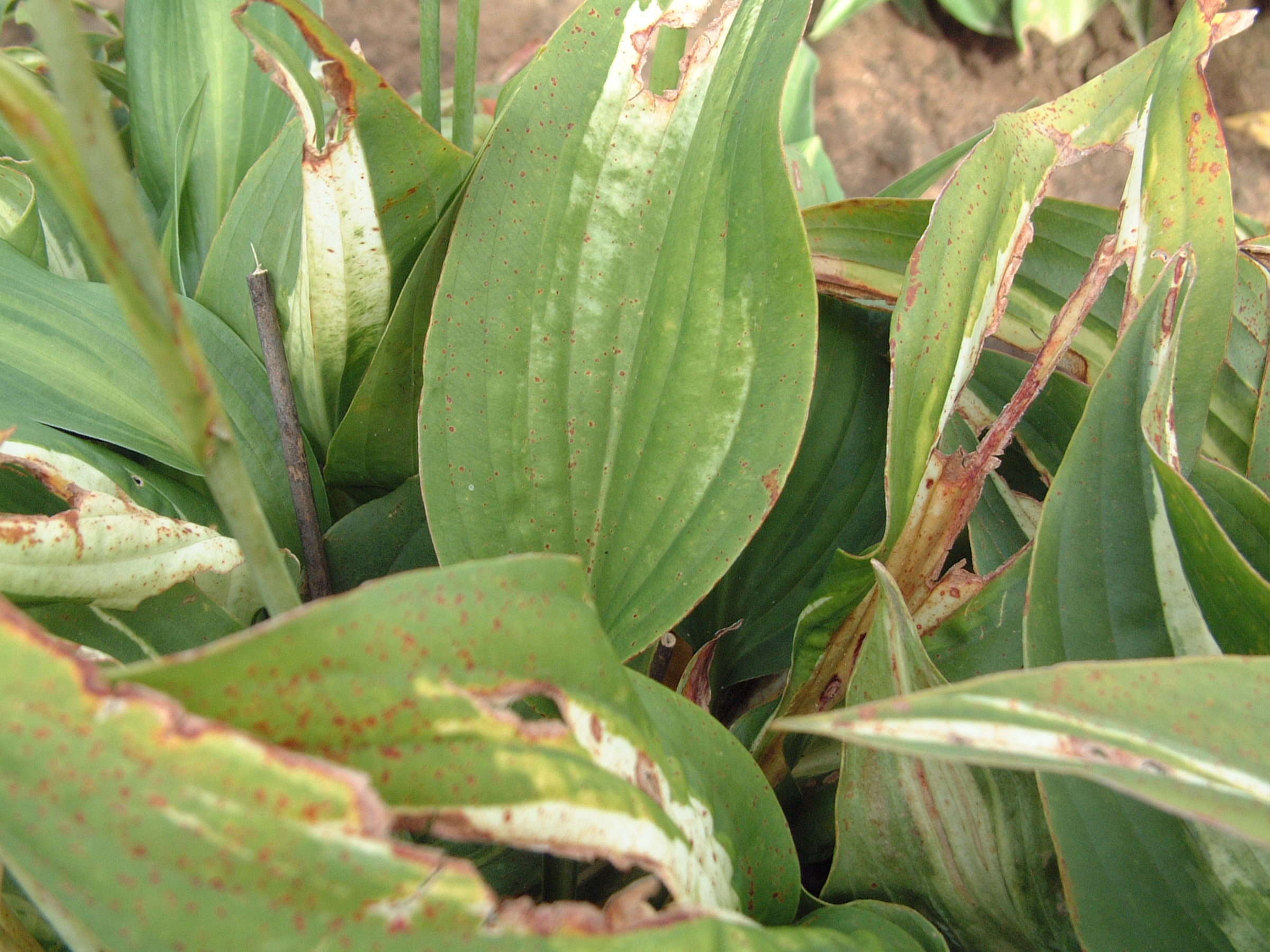Life After Neonicotinoids
09/05/2016
Walters Gardens has been Neonicotinoid free since 2014. We pride ourselves on being environmentally conscious and keeping the “green” in green industry. Here are a few takeaways we have for going Neonic free and exercising best plant health practices.
- Our plant health staff utilizes yellow sticky cards to help monitor insect populations and we have a dedicated staff that is scouting the greenhouses looking for various insects throughout the week.
- We have increased our use of biological controls. In some cases predatory insects prove to be more useful in containment than chemical applications. Walters Gardens utilizes: Swirski, Californicus, Atheta, Colemani, Hypoaspis, and Nemasys
- Spray application frequency is vital. It is better to be aggressive in pest infestations. For light infestations we recommend spraying every 7-10 days. For moderate and heavy infestations we recommend spraying every 5-7 days.
- Follow up is as important as the application itself. For us this includes dedicated time for scouting and recording spray effectiveness. When using biologicals we always try to release the insects at appropriate times and often repeatedly throughout the year.
- Spray coverage is very important as well. In addition to spraying an infested area, you should treat the entire crop and those around them. A preventative approach is far more effective than a reactionary one. When making a spray application, make sure you follow chemical manufacturer’s recommendations and are applying the correct amount of spray per square foot.
- Rotating chemicals applied is another good plant health practice. Using different sprays on the same pest helps prevent them from building up a resistance which helps you get the most out of each application.
- Our staff is working with and trialing new chemicals that are safer on biologicals. Some of our favorites are:
- Mainspring – for leafminer, caterpillar, and thrip control
- Rycar – for aphid and whitefly control
- Endeavor – for aphid and whitefly control
- Xxpire – for thrip control
We made a commitment to be both proactive and dedicated about not using Neonics. This has taken diligent work from our growers when it comes to scouting, using biologicals, and spray applications.
As an industry we have come very far in the past few years. Now there are a variety of new and less harmful products on the market. We recommend doing research into what beneficials and chemicals that might help your crops while remaining Neonic free.



